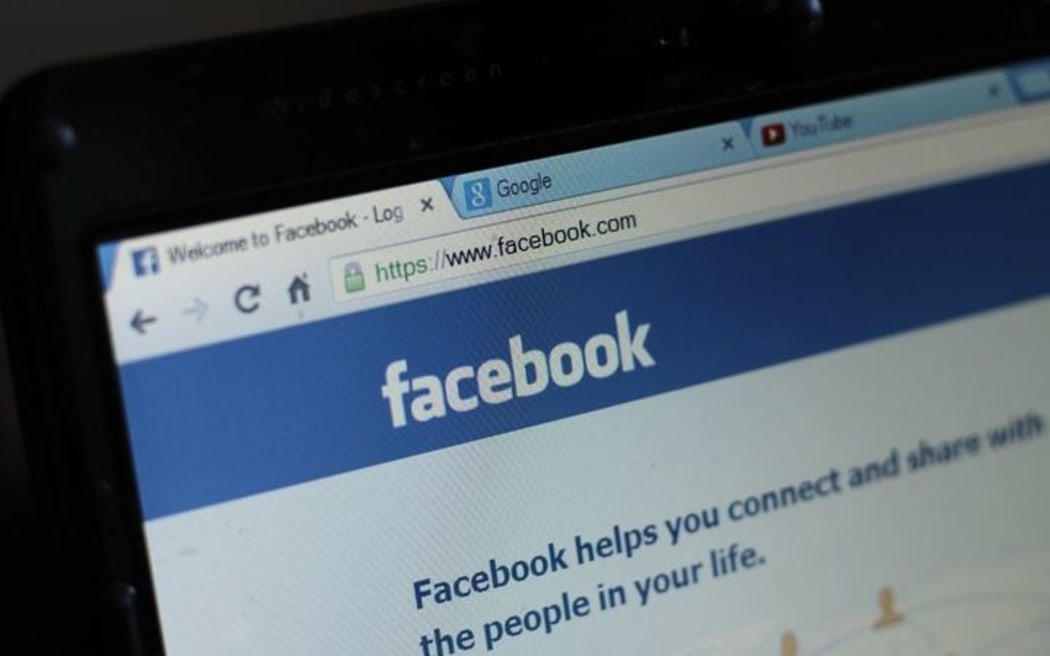Time to log out?

Photo: Flickr
A new study shows people who spend more time on social media aren’t more likely to suffer from mental health issues.
Researchers at the University of Central Florida have studied the potential harm of social media, particularly in relation to young people’s health. Their findings have just been published in the journal, Psychiatric Quarterly.
They found it’s the way people use sites like Facebook and Instagram, rather than the time they spend on them, that influences their health.
“Why the popular press, suicide advocates and policy-makers continue to home in on time spent online as a cause of mental health problems is an interesting question, particularly given lack of clear evidence,” the report said.
“It is possible that social media use may be experiencing the effects of moral panic common to many forms of media such as video games, comic books and rock music.”
The researchers referred to “vaguebooking” as the most prominent negative way young people use social media. Vaguebooking is writing unclear but alarming posts to get attention. Vaguebooking often prompts friends to ask what’s going on.
Vaguebooking was found to be more common among people who reported lonely feelings and who were more likely to have suicidal thoughts.

Photo: 123RF
More than 450 young adults in the US were surveyed for the study. The average age was close to 20.
They were asked about social media and their personal lives and were quizzed on the role social media plays in their lives. They discussed their anxiety levels and personal relationships.
The researchers said they were inspired by the amount of public concern about the overuse of social media. They said some past studies have tried to link social media with suicidality, loneliness and decreased empathy.
“Whether social media is responsible for mental health problems among young individuals remains an area of contention,” they said.
“Our results revealed that, overall, social media use is a poor predictor of mental health problems and concerns about social media precipitating a mental health crisis may be unwarranted.”
They argued future research should focus on people’s behaviour, rather than “assuming media is the root cause of all socio-personal problems”.
AUT new media senior lecturer Philippa Smith said clear evidence linking social media use with mental health issues is hard to find, “particularly when social media can be used in diverse ways”.
But she said the aspect of the study that stands out is the analysis of the little-known term vaguebooking.
“This study has value in raising awareness that a comment on social media might not just be a rant to be ridiculed or ignored, but rather a red flag for a mental health issue,” she said.
“When something like this is given a label, people may become more mindful of such comments and therefore check that a friend is okay or offer support. Though actually understanding how to decipher whether someone’s vague comment is a call for help or not and deciding the best way to respond could be problematic.”
She said vaguebooking was worthy of more research as it could show that social media can provide a platform where “friends may be able to pick up and respond to others who might need help”.


